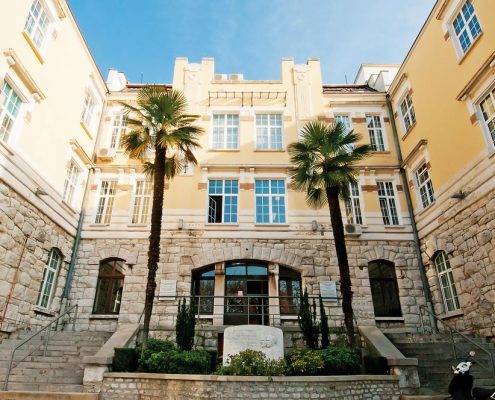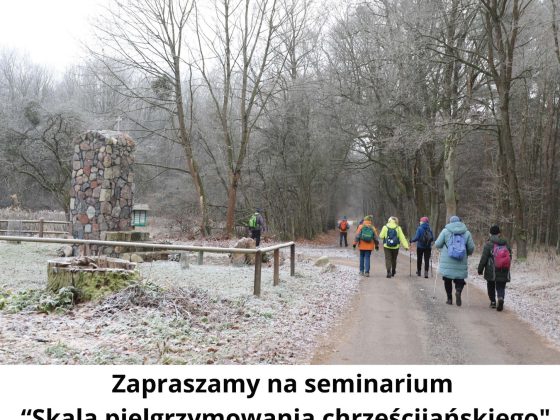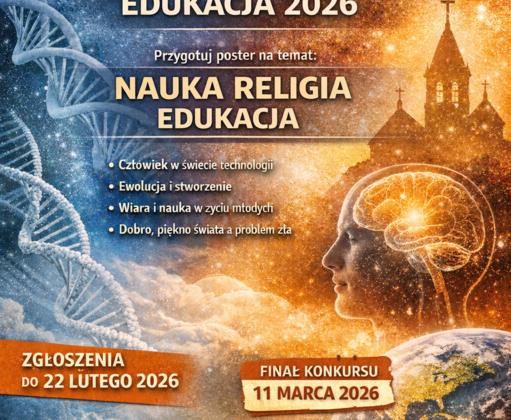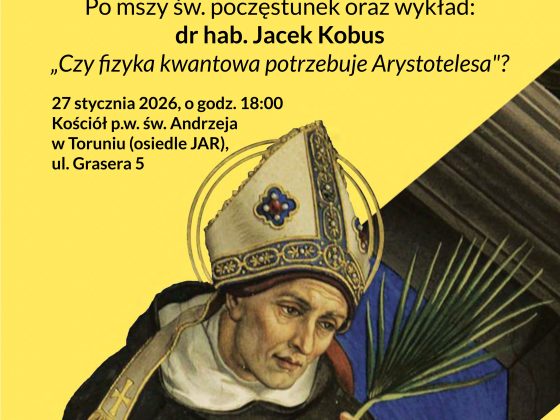On November 16-17, 2023 in Rijeka we will begin International Scientific Conference “Pain and suffering: from problematic experience to knowledge and solution”.
Conference Programme:
Book of Abstracts
Day 1
10.00 – Opening of the conference and welcome speeches
The first block of lectures
10.20 – Prof. Rüdiger J. Seitz, M.D.
(Heinrich-Heine-University Düsseldorf, Medical Faculty)
Beliefs in Pain and Suffering: A Cognitive Neuroscience Approach
10.35 – Doc. dr. sc. Vlasta Orlić Karbić, M.D.
(University of Rijeka, Faculty of Medicine)
Untreated pain is a path without a happy ending
10.50 – Izv. prof. dr. sc. Maša Marochini Zrinski
(University of Rijeka, Faculty of Law)
Legal aspects of pain and suffering in the case-law of the European Court of Human Rights
11.05 – Discussion
11.25 – Short break
The second block of lectures
11.55 – Izv. prof. dr. sc. Sandra Bošković, prof. reh.
(University of Rijeka, Faculty of Health Studies)
Parents of children with developmental disabilities – from denial to acceptance
12.10 – Prof. dr. sc. Nenad Malović
(University of Zagreb, Catholic Faculty of Theology)
The Cross – a Symbol of the Anthropological Value of Suffering
12.25 – Discussion
The third block of lectures
12.45 – Prof. dr hab. Piotr Roszak / Dr. Tomasz Huzarek
(Nicolaus Copernicus University in Toruń, Faculty of Theology)
Is the dual causality model still useful in explaining evolutionary evil?
13.00 – Prof. Mariusz Tabaczek OP
(Pontifical University of St. Thomas Aquinas, Faculty of Theology)
Is Pain Intrinsically Evil? Some Thoughts from a Thomistic Perspective
13.15 – Final discussion
13.35 – Closing of the first day
Day 2
The first block of lectures
9.30 – Prof. Dr. Hans-Ferdinand Angel
(Karl-Franzens-University Graz, Institute for Catechetics and Religious Education)
Fluid Theodicy. God in the patterns of empathy, emotions, and conceptual believing
09.45 – Prof. dr. sc. Danijel Tolvajčić
(University of Zagreb, Catholic Faculty of Theology) /
Prof. dr. sc. Aleksandra Golubović
(University of Rijeka, Faculty of Humanities and Social Sciences)
How can we understand God’s goodness?
10.00 – Prof. John Anthony Berry
(University of Malta, Faculty of Theology)
Where is God? Theological Insights on Suffering and Humanity’s Journey
10.15 – Discussion
10.35 – Short break
The second block of lectures
10.50 – Dr. Michał Oleksowicz
(Institute of Philosophy, Nicolaus Copernicus University) /
Michał Kłosowski
(Nicolaus Copernicus University, Faculty of Theology)
The theodicy challenge and the intelligibility of the world
11.05 – Prof. dr hab. inż. Grzegorz Karwasz
(Nicolaus Copernicus University in Toruń, Faculty of Physics, Astronomy and Applied Informatics)
Man as a source of virtue – tribute to Mirosław Mróz
11.20 – Discussion
The third block of lectures
11.40 – Leonardo Calderon
(Johannes Gutenberg Universität Mainz)
The privation theory of evil and the problem of pain: Francisco Suarez’s attempt at resolving the dilemma
11.55 – Jan Wółkowski
(Nicolaus Copernicus University, Faculty of Theology)
Pain and suffering in the thought of JPII. Salvifici doloris after 40 years and the experiences of Polish youth XXI century
12.10 – Izv. prof. dr. sc. Saša Horvat
(University of Rijeka, Faculty of Medicine)
Medicine and Theodicy: Joint Effort in Alleviation from and Giving Meaning to Pain
12.25 – Final discussion
12.45 – Closing of the conference
——————————————————-
Call for papers in the journal Scientia et Fides
Photo by medri.uniri.hr



